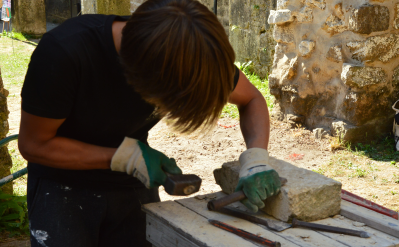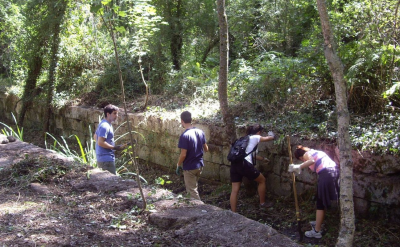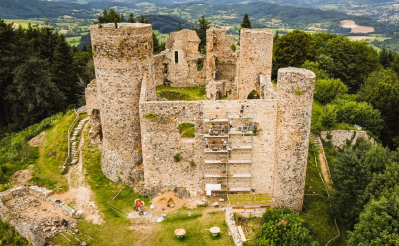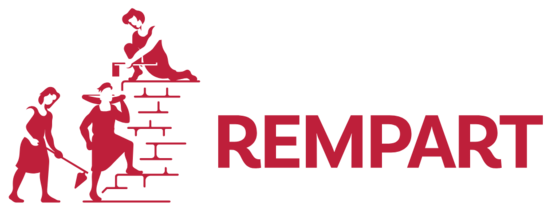Discover Mayan architectural traditions at a construction site in the heart of the Yucatán Peninsula.
|
Bécal, a charming little town nestled in the municipality of Calkiní, in the heart of the southeastern Mexican state of Campeche, is distinguished by its rich natural and cultural heritage.
Located in a region with a tropical climate, Bécal boasts lush vegetation and remarkable biodiversity. Its landscapes, typical of southeastern Mexico, are ideal for traditional agriculture and handicraft production, including the famous Jipi Japa palm hats.
Local culture is deeply rooted in Mayan heritage. The art of hat weaving, handed down from generation to generation, is practiced in natural caves, where the humidity facilitates the meticulous working of the fiber. In addition to this unique craft, the city boasts a particularly interesting architectural landscape, combining Mayan remains, colonial buildings and underground structures.
According to 2020 data, Bécal has a population of around 6,800, the majority of whom identify themselves as being of indigenous origin. More than 25% of the population still speak an indigenous language, a living testimony to a strong and enduring cultural identity.
Bécal is thus a veritable treasure trove of traditions and know-how: a place where history, culture and community life come together to preserve and radiate the essence of Mayan culture into the present.
|
The main aim of the project is to restore traditional Mayan dwellings (vernacular architecture), still occupied today by socially and economically vulnerable people. The aim is to restore one or two houses during the seven-day stay, located in an environment that combines dense vegetation, concrete houses and other traditional dwellings.
These houses, rooted in an ancient system of self-sufficiency still partly in use today, are surrounded by gardens and natural resources used daily by the inhabitants. The site is thus a living, complex whole, where nature and traditional architecture intertwine.
Both houses have suffered serious damage to their roofs and walls. Participants will work to replace the damaged elements, using traditional techniques. Techniques include repairing the roofs with woven palm leaves, and restoring the walls with raw earth mixed with herbs or natural fibers, using traditional Mayan methods.
A master mason of Mayan origin, expert in vernacular construction techniques, will supervise the group on site. He will share his traditional know-how, guiding volunteers step by step through the various stages of restoration, while ensuring the quality and safety of the work.
|
Group living and accommodation
|
Volunteers will benefit from constant support both on the site and in their daily lives. In day-to-day life, a dedicated supervisor will be on hand to ensure that everything runs smoothly. She will look after everyone's comfort and well-being, facilitate group cohesion and act as a link between the volunteers, the local community and the supervisory team.
6h00 - 7h00 : Breakfast
7:00 - 12:00: Work site
12:00 - 14:00: Lunch
2:00 pm - 5:00 pm: Rest time
6:00 pm - 8:00 pm: Conferences
or
2:00 pm - 6:00 pm: Cultural outings
Participants will be hosted by local people in permanent homes. Each home has beds and/or hammocks, toilets, a fully-equipped kitchen and access to hot water or a water-heating system. Accommodation is in shared mixed dormitories. However, in case of specific request, a non-mixed split can be organized.
A washing machine, computer and Wi-Fi connection are available at no extra cost. A print shop is also available nearby. The cost is around €1 for 10 prints.
It is recommended that participants purchase a local SIM card or subscribe to a French package including Mexico.
Breakfast: Participants will prepare their own breakfast, using ingredients provided in their kitchen. They will be accompanied by the volunteer referent, and breakfast will be taken between 6am and 7am.
Lunch: Lunch will be prepared by a local family and served to participants between noon and 1pm.
Dinner: Dinner will be organized and prepared by the participants themselves, under the coordination of the volunteer in charge, between 7 and 8 pm.
|
Leisure and other activities
|
During the seven days of work, four leisure activities will be offered at the end of the day. These activities, which will be supervised and organized, are designed to introduce participants to local culture, encourage exchanges with local residents and provide volunteers with convivial moments of relaxation.
In addition to these group activities, there will also be periods of free time. Volunteers can take advantage of these to rest or explore the surrounding area, alone or in small groups, as they wish, with suggestions for nearby visits.
Activities available to volunteers:
- Ceramics workshop: free of charge. However, a budget of €10-20 is required if volunteers wish to purchase ceramic souvenirs.
- Weaving workshop: free. Also budget €10 to €20 for the possible purchase of souvenirs.
Cultural outings:
- Visit to the Mayan ruins at Uxmal: €20 entrance fee.
- Various visits in the surrounding area: please allow 30 € for entrance fees.
|
Please note: a passport valid for the entire duration of your stay is required! Visas are not required for stays in Mexico of less than 180 days.
No specific skills are required to take part in the workcamp.
In the days following your pre-registration, the International Relations Department will contact you by e-mail to arrange a telephone conversation.
This will enable us to get to know you better and give you more details about the workcamp (organization, arrival arrangements, etc.).
You'll be able to ask us any questions you may have, and let us know what you need to make your stay as comfortable as possible. You will then receive a roadmap summarizing all useful information about the site.
A pre-departure meeting will also be organized a few weeks before the worksite.
The meeting will take place on July 28 at 8 a.m. in front of the San Ildefonso cathedral, in the city of Mérida. Participants will be picked up free of charge from Mérida to the site and back. For the return trip on the evening of the last day of the workcamp, participants will be dropped off at a central point in Mérida (airport, bus station or city center) depending on their destination or connection.
|
|

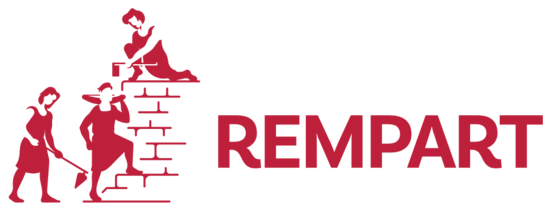

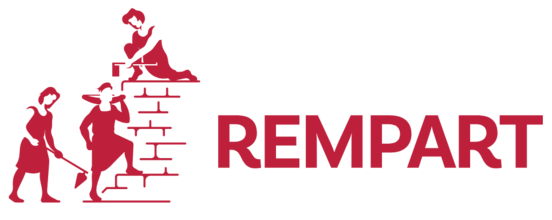

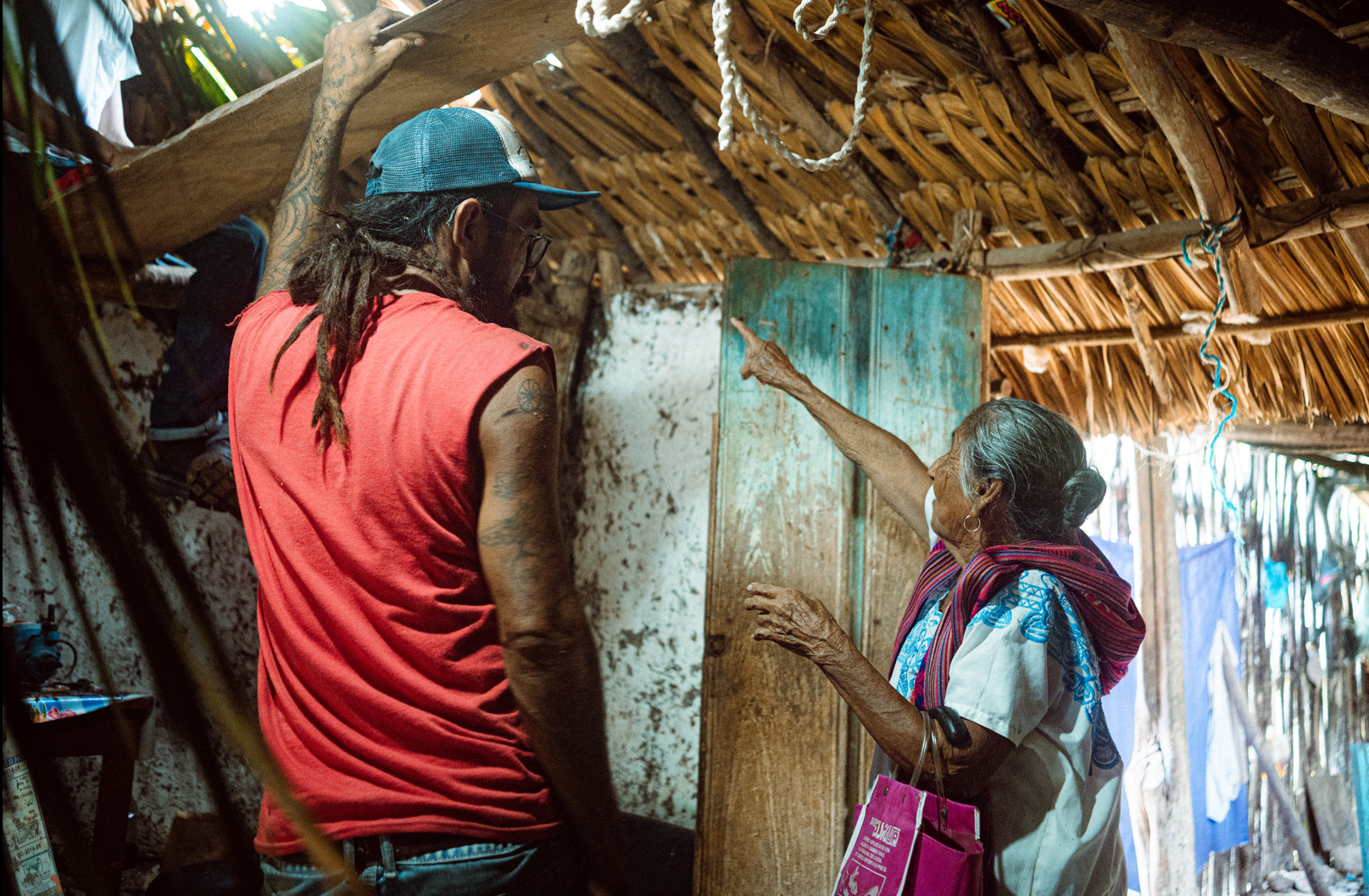


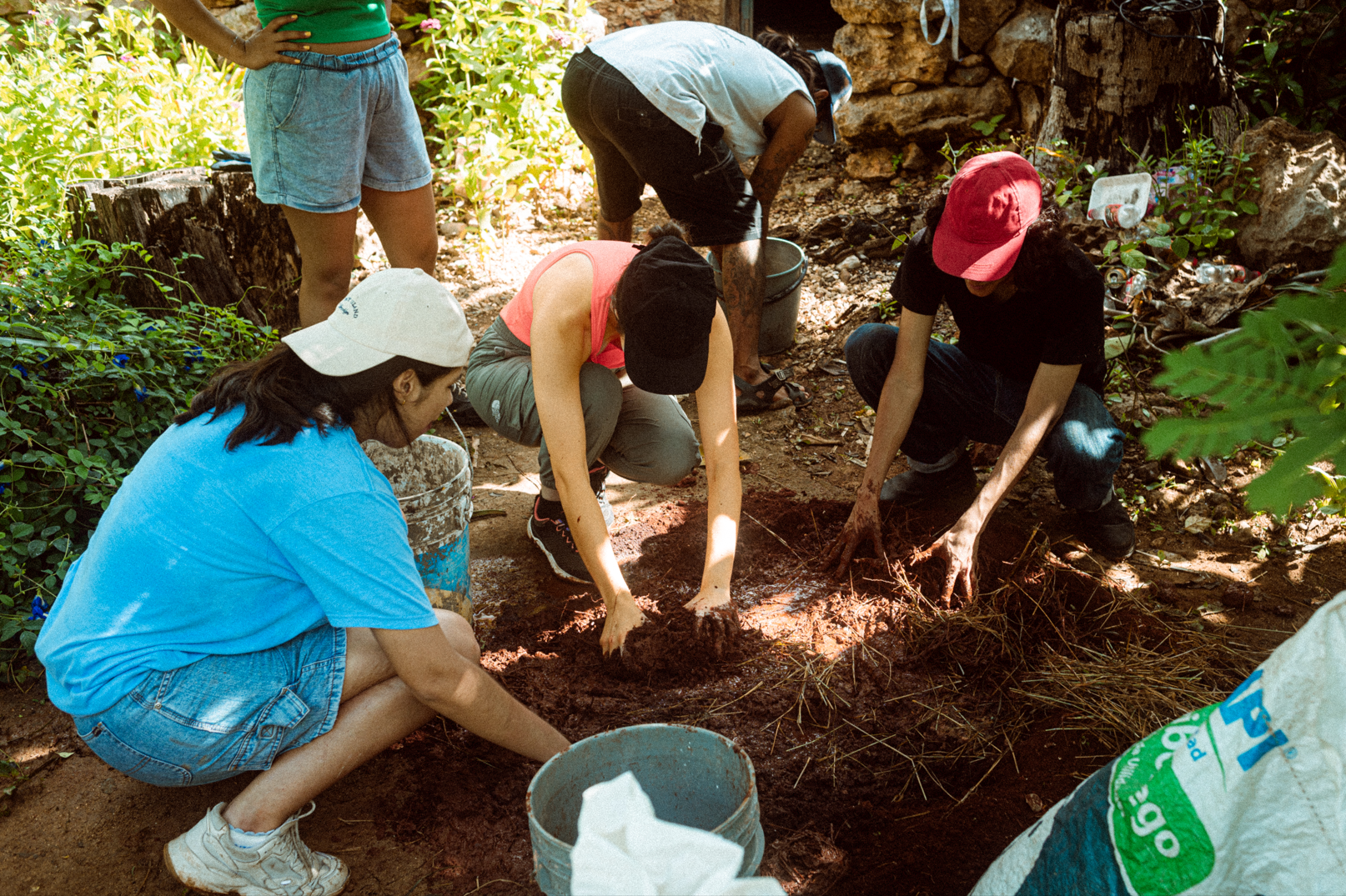
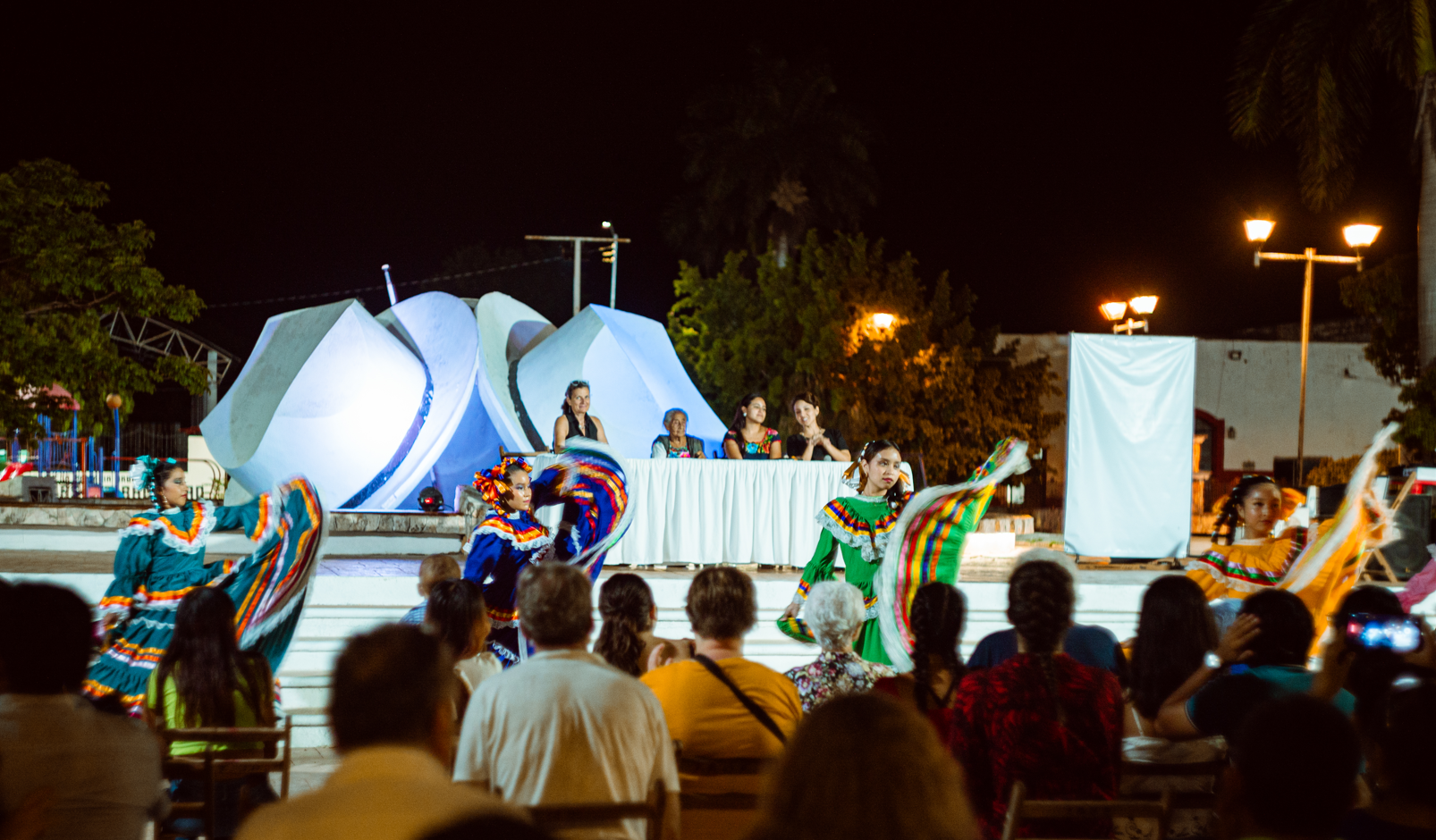

 French-English Glossary
French-English Glossary
